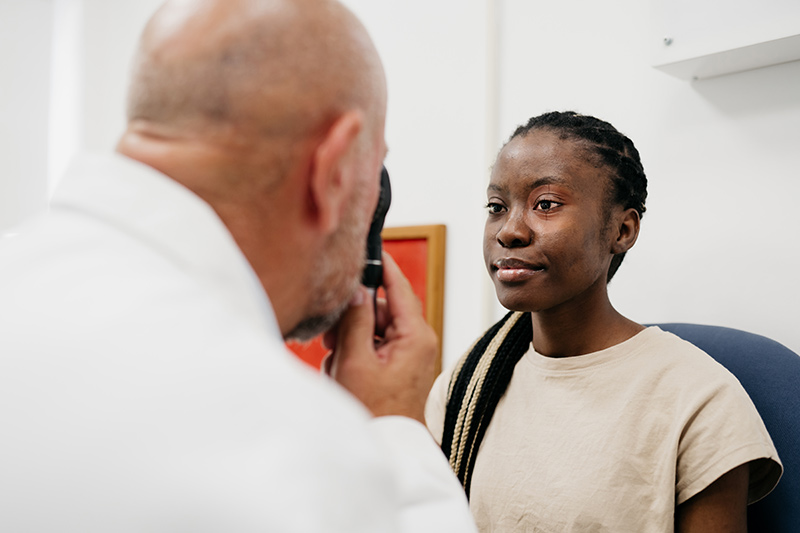Any time a child is diagnosed with cancer, it’s frightening. When cancer affects the eyes, like retinoblastoma, it’s especially scary.
At Emory Eye Center, we know how hearing the words “your child has cancer” can hit you. Most importantly, we know how to fight eye cancer. We provide you and your child with the latest medical tools, information and support you need to face your fears and move forward.



